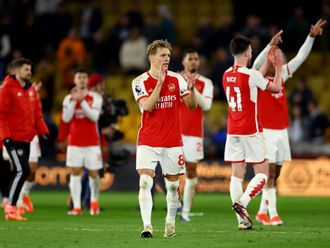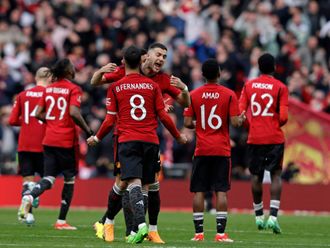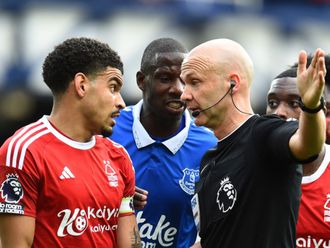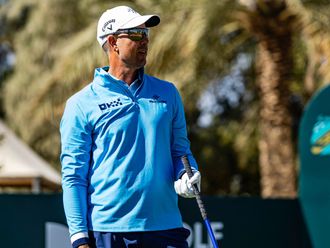The balance of power in terms of European football club ownership is very definitely swinging towards the Far East as China seeks to establish itself as a footballing superpower.
President Xi Jinping’s announcement at the back end of 2015 that he wanted 50m children actively playing the game by 2022 — there are currently just 50,000 participants — has seen the interest for football in China and surrounding territories multiply at an incredible rate.
Tom Byer, “Tom San” as he is known in the locale, is an American football guru who has lived in Japan for the last 25 years and has overseen their growth as a footballing nation in that time.
Byer has now been headhunted by the Chinese government to oversee a new project which will, hopefully, make a Chinese World Cup win a reality within 10 years. At least that’s the plan.
So where does La Liga fit into all this?
The opportunities for involvement in European football properties has multiplied recently with Chinese high networth individuals and conglomerates wanting a piece of the action.
The Spanish top flight already has a huge — and expanding — TV viewership in the region and Javier Tebas, head of La Liga, is keen to take advantage having reached an agreement with China’s sports authority to send 40 coaches to Chinese schools as well as opening a training school to help develop young talent.
Tebas also continues to ensure that some kick-off times are tailored for an Asian audience, aware of the benefits that the same bring to La Liga.
From an investment perspective, China’s second richest man Wang Jianlin of Dalian Wanda group, spent €45m (Dh185m) to acquire a 20 per cent stake in Atletico Madrid in 2015.
Chinese company Rastar Group shelled out just €17.8m in November to acquire 56 per cent of Espanyol and new chairman Chen Yansheng wants Champions League football within three years.
Rayo Vallecano have a new Chinese sponsor.
Even Real Madrid now have offices in Beijing and have secured a strong merchandising partnership with Alibaba Group combined with a strategic playing agreement with Guangzhou Evergrande.
Barcelona have opted not to look this particular gift horse in the mouth either and joined in on the act by opening a new football school in Qingdao.
The FCBEscola Qingdao Huanghai has been made possible by the association with pharmaceutical giant Huanghai Pharmaceutical, and with the express purpose of collaborating in the development of football within the region. Barca will also be involved with part of the nationwide project to see football on the Chinese school curriculum.
As more and more clubs fall into Chinese hands, the interest in the beautiful game from that region heightens still further.
La Liga’s finest do need to be wary of strangers bearing gifts however.
Rayo first team manager Paco Jemez was none to happy at the summer signing of Zhang Chengdong, an acquisition imposed on the club by their new Chinese shirt sponsors qbao.com.
Jemez told Spanish radio station Cadena Ser at the time that “I don’t believe that anyone from outside the club should interfere in sporting matters. This is possibly the worst decision that has been taken since I’ve been here. You can’t allow a sponsor to bring in a player.”
Jack Ma, China’s richest man, is known to be looking at the highest profile European football investment and is waiting patiently in the wings.
Whether he chooses a full-scale takeover of a La Liga powerhouse or perhaps a series of carefully chosen football properties is still unclear at this point.
Investment is imminent however and this is only the tip of the iceberg.
The La Liga landscape will continue to evolve apace.











